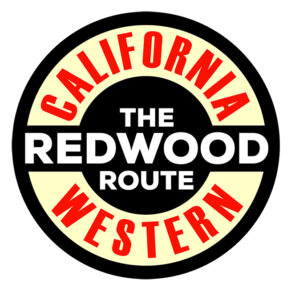 EUREKA, Calif. — Short line Mendocino Railway, which purchased the California Western Railroad and its Skunk Train operation after that company went bankrupt, has filed suit in federal court to over efforts by the City of Fort Bragg, Calif., and California Coastal Commission to apply state and local regulations to the railroad.
EUREKA, Calif. — Short line Mendocino Railway, which purchased the California Western Railroad and its Skunk Train operation after that company went bankrupt, has filed suit in federal court to over efforts by the City of Fort Bragg, Calif., and California Coastal Commission to apply state and local regulations to the railroad.
The railroad is arguing that federal regulation by the Surface Transportation Board preempts such state and local regulatory efforts.
“It is increasingly difficult to operate a railroad in California when both state and local agencies attempt to expand their regulatory powers into areas clearly reserved for federal authorities,” Robert Jason Pinoli, president of Mendocino Railway, said in a press release. “State and local agencies should respect federal law and not seek to improperly use state powers to impede the transportation of passengers and freight.”
The suit, filed in U.S. District Court for the Northern District of California, Eureka Division, says the coastal commission is requiring that the railway apply for a state land-use permit before performing rail-related work on its rail line, and that the city has filed suit in state court to require permits for work on its railroad property and facilities within city boundaries.
Mendocino Railway purchased the 40-mile line between Fort Bragg and Willits, Calif., line in 2004 following the bankruptcy of the California Western. Its purchase of 300 acres of property from pulp and paper company Georgia Pacific in November 2021 has sparked local controversy; the Fort Bragg Advocate-News reports the city is seeking a court ruling that Mendocino is an excursion railroad and does not have the power of eminent domain it used in the land purchase. The railway’s suit claims that the city had passed on purchasing the same land and has “sought to excuse its decision … by waging a relentless campaign to make it appear as if Mendocino Railway had stolen the opportunity from the city.”
Opponents also claim the railroad is not a common carrier, in part because it not connected to the national rail network; the railway’s suit argues it is connected to the system via the state-owned Northwestern Pacific, which while embargoed, has not been abandoned.






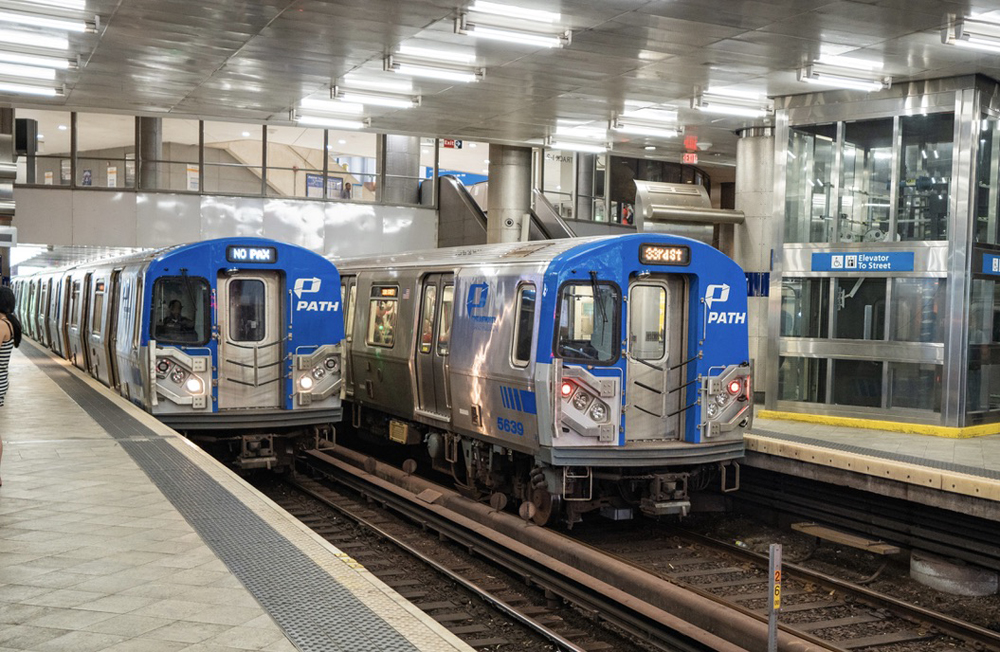
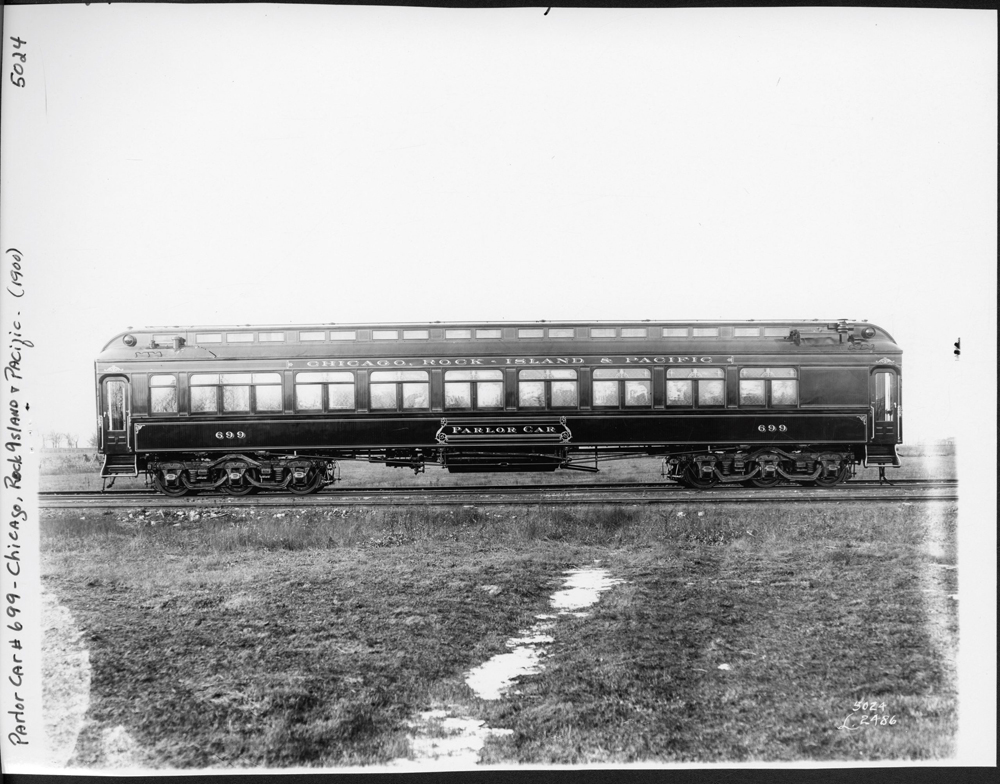
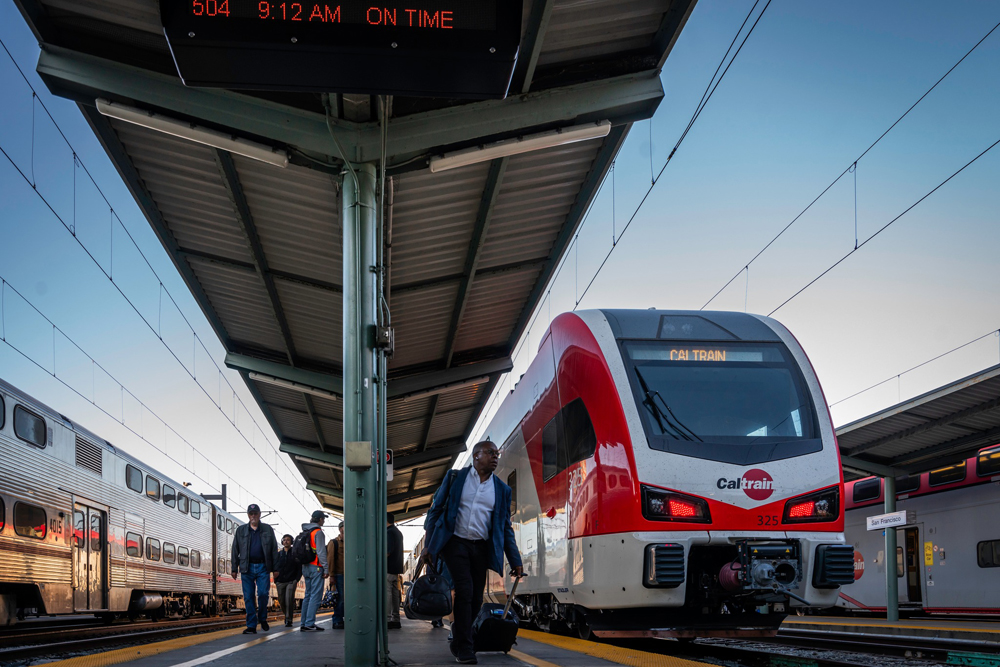
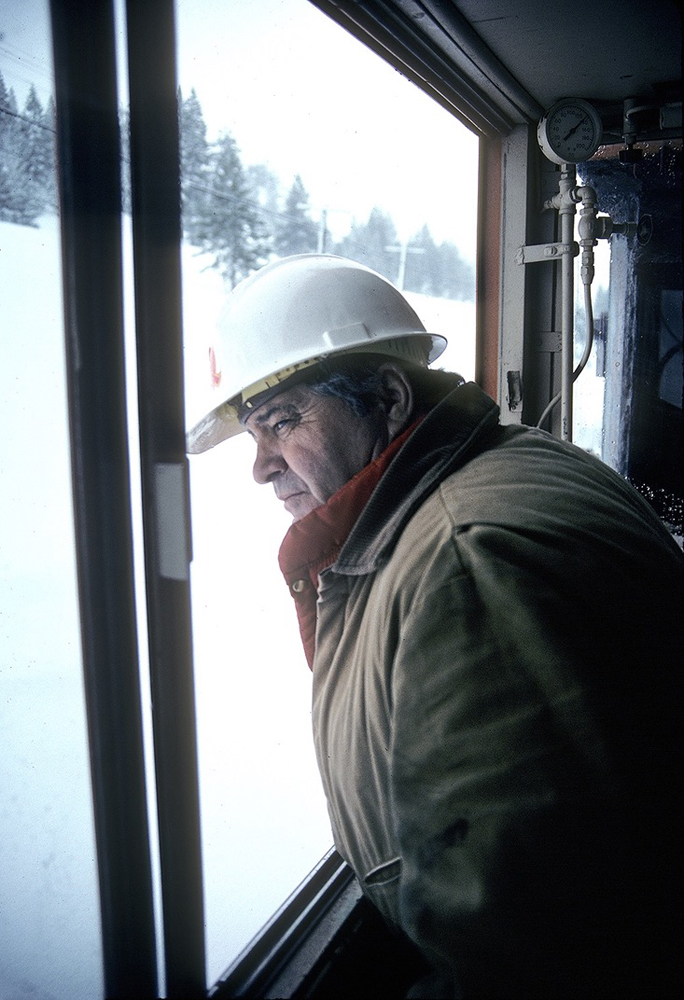



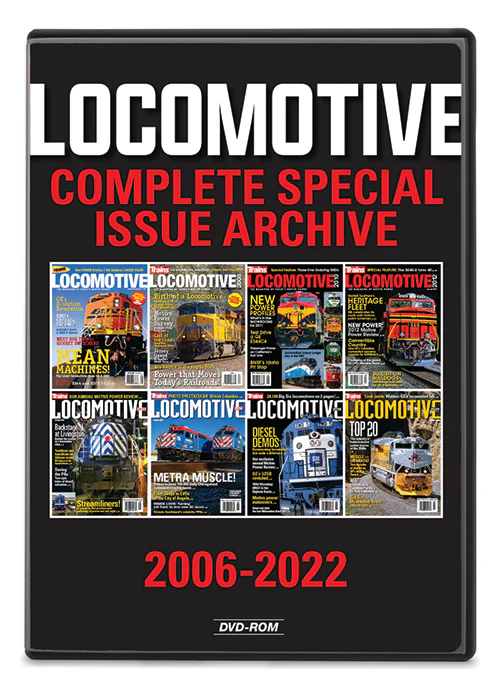
By the way, the City of Fort Bragg did NOT refuse to buy the former millsite land. Georgia Pacific (aka Koch Industries) sat on it, after making barely acceptable toxics cleanup, and waiting for the value of the real estate to rise so that they could gain the most money from a sale. No one was willing to take on the still contaminated ground (over 200 acres) and then accept the necessary toxics cleanup that would be required by law before anything could be done with the property. In fact, the City of Fort Bragg was waiting for GP to act responsibly and work with the city, but three separate city administrations over 20+ years took place, the entire process dragged out, etc. Most recently the Sierra partnership dba Mendocino railway/Skunk Train cut a sweetheart deal by simply taking over the entire millsite property through eminent domain. Since most of those commenting above don’t live here (but pretend they know so much) and are clearly Republicans and probably not even Californians, their arguments and opinions are biased in the extreme, if not wholly inaccurate.
So much misrepresentation on Pinoli’s part, as usual. As a Fort Bragg resident and longtime CWR historian I can see through his smokescreen and out and out lies. Primarily, he and the Sierra partnership keep pretending the “railroad” ius a common carrier and can carry freight. It is not a common carrier, they having pulled it out of that regulatory status at least five or six years ago and made the company into an “amusement park” operation. Now, though, they conveniently pretend to be a common carrier so that they may play real estate property developers and use the phony status to do whatever they want on the former Georgia pacific/Union lumber Co mill site property, which is an enormous brownfield fronting a marvelous Pacific shoreline. They have none – zero – mainline connections. They own no revenue freight cars. They have a still damaged tunnel with uneven vertical clearances on the west end which prevents through train service of any kind, especially involving the public. They have a neglected mainline which has seen almost no maintenance for a full decade. They have numerous bridges with timber trestle approaches which are over 50 years old and undoubtedly in major need of attention. Most of the line out of service needs new ties over its length. Their inherited ballast tamping machine (forty-odd years old) was left in the siding 10 miles east of Fort Bragg to endure the weather and now is shot. The siding it sits on is nearly fully skeletonized and used to be the longest full passing track the railroad had in vibrant years pre-bankruptcy. Oh, and they only bought the railroad because the retired judge who served as bankruptcy receiver for the prior owners said that the only other bidder (the late Charles Bradshaw, then of the Durango & Silverton) was not a Californian, and this group was so was more worthy, so essentially gave them the railroad. Of course, Bradshaw didn’t live much longer afterwards, but had far more experience and operational capital than the Sierra partnership. But what Fort Bragg and North Coast residents hate most is continually being lied to by this lot. It never ends. But man do the Sierra partnership people come trotting up whenever they want something from the community, all chummy and whiny. We hate duplicity and fakery, too.
Many of these state and local officials would ordinarily prefer to see freight shipped via rail as it better for the environment versus trucks over state subsidized highways; and yet the “bite” the hand, which they should be
feeding”! They cannot have it both ways.
Probably a case of big egos and wanting to push their weight around. Typical of government regulators.
The local authorities and state will lose. There is precedent supporting the railroad in this case. Oregon Scenic was also harassed by the local and state authorities because they didn’t get a land use permit to repair a washout on their own ROW. The state didn’t back down and got a restraining order against the railroad.
The Federal Court over ruled the restraining order and told the state and locals to back off that Oregon Scenic is a registered carrier and that the ROW was not subject to local land use rules. The judge admonished the state attorneys for not doing their research on STB filings and prior transportation law with regards to railroads.
So I am pretty confident the railroad will win this one.
More lawyers need to be cited for malpractice.
If the Coastal Commission gets its way it will shut the railroad down. It just blocked a badly needed (drought) desalinization plant in southern California, in part because it would add salt to the ocean.
Was CC kidding? The increase would be .000000009%. Maybe maybe not. But melting glaciers would offset any water + all that processed water finally ends up in the ocean.
Another issue is that some state and local permits are in place to administer federal rules, such as floodplain development (FEMA) and ground disturbance (Clean Water) permits, so there is federal authority behind the permit. These permits are harder to argue against claiming federal pre-emption, since it is technically federal rule action, not a local rule action.
Yeah poor Walt Disney Company and Apple Corp. (With my luck they will announce they are moving to Florida and Texas respectively.)
On the larger point I agree that local and state governments would stay in their lane. But in this case they have an interesting case since the rr in question has been cut off from national network in fact for over 2 decades I believe.
Technically yes, but the railroad itself is intact between Fort Bragg and the interchange with the old Northwestern Pacific in Willits, the only hinderance is foliage, track word…and possibly a single tunnel(I’m to lazy to search right now) and since neither carrier was ever abandoned they both still fall under FRA and STB authority. In this case the Coastal Commission is once again overstepping it’s purpose, as for the city of Fort Bragg, they refused to buy the land when it was offered to them by Georgia Pacific, their loss.
Yeah poor Walt Disney
It hardly matters any more, with Newsom in Sacramento and Biden in DeeCee, no California business has a ghost of a chance, whether federally regulated or state regulated.